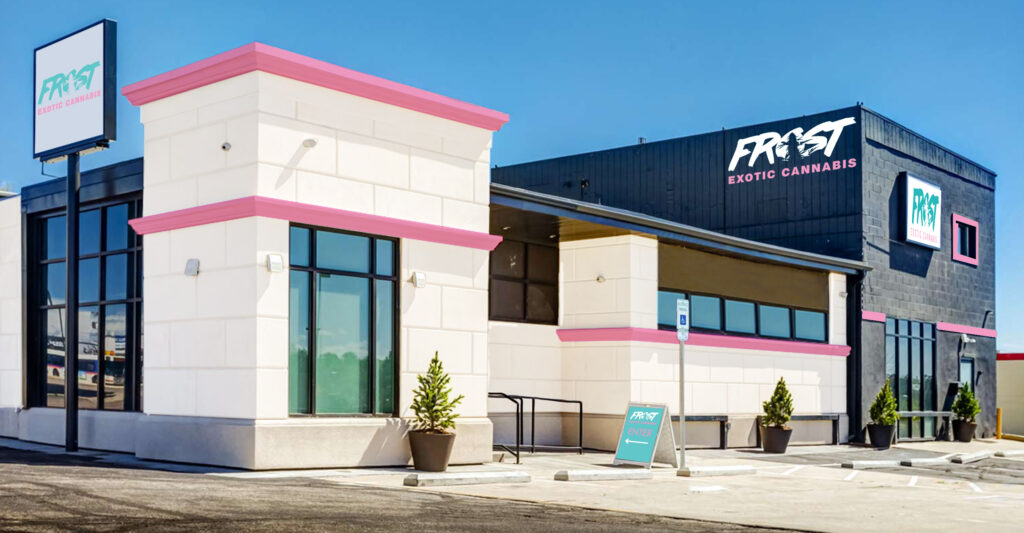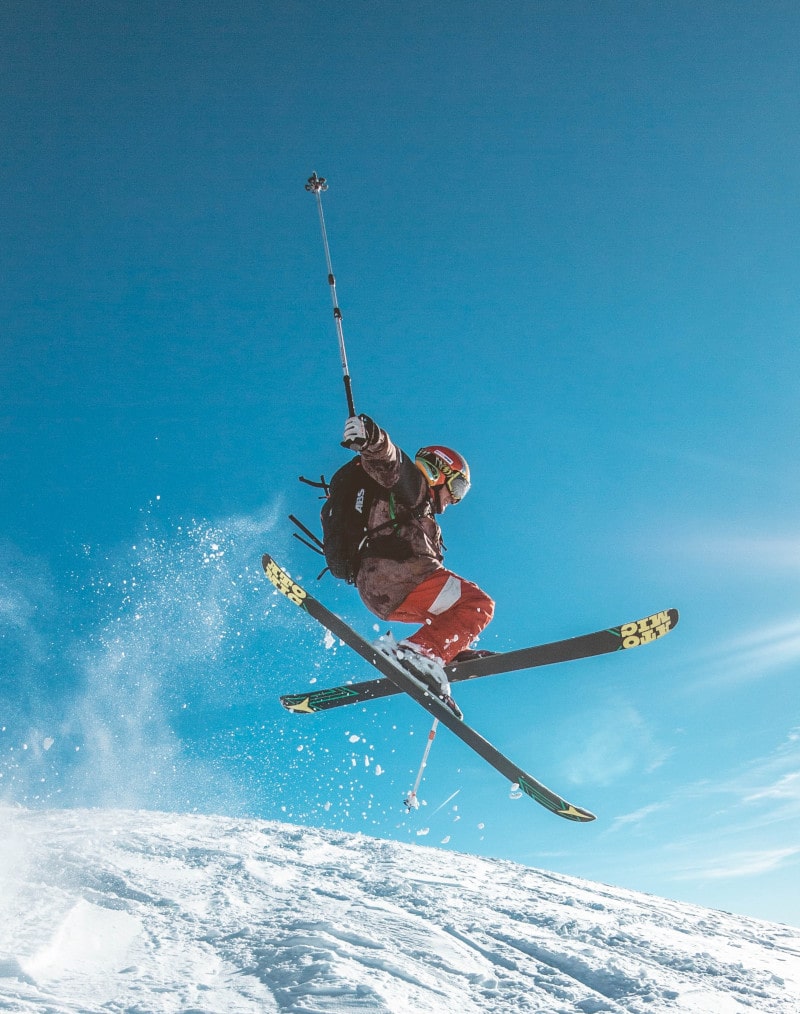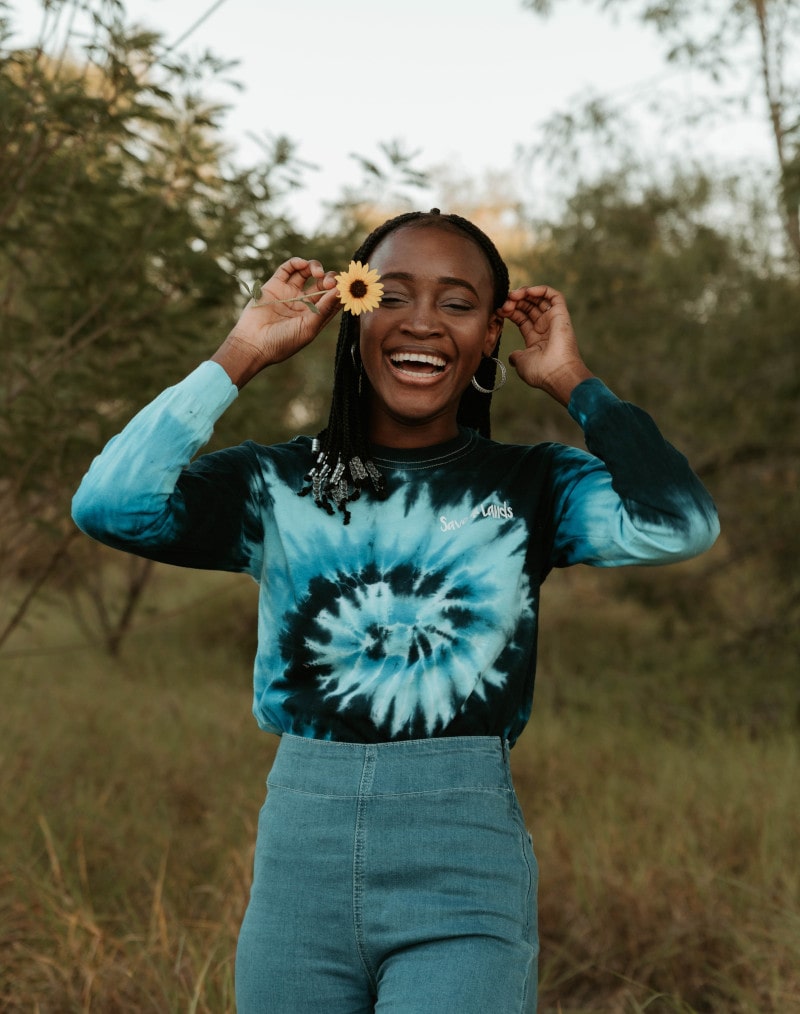See Store for details.
Limited Strains. While supplies last.
Previous
Next
DENVER’S PREMIER CANNABIS DISPENSARY
2949 W Alameda Ave Denver, CO
Today’s Hours: 8:00AM – 11:45PM

EARN 3% BACK ON EVERY PURCHASE.
SAVE CASH ON YOUR CANNABIS.
Join the Frost Denver Dispensary rewards club today and start earning points redeemable for discounts on your favorite cannabis products.
NEW TO CANNABIS? NO PROBLEM.
Here are some budtender recommendations for those looking to take it nice and slow.
THE LATEST & GREATEST EXOTIC STRAINS
For the pheno-hunters and cannabis connoisseurs, we offer the highest quality flower, hand selected from Colorado’s best growers.
4/5
4.5/5
4.7/5
“Definitely my go to spot for bud. Knowledgeable staff and great prices. Also some of the best buds in townWow! Alex helped me out a ton and was super knowledgeable about flower and concentrates!”
- Will G. from Park City, UT
“This dispensary is high-class! Everything is displayed beautifully and they have a huge assortment! Prices are reasonable especially considering the quality is ALWAYS on-point! If you want reliable quality and a professional atmosphere, this is the place!!"
- Zach P. from Denver








